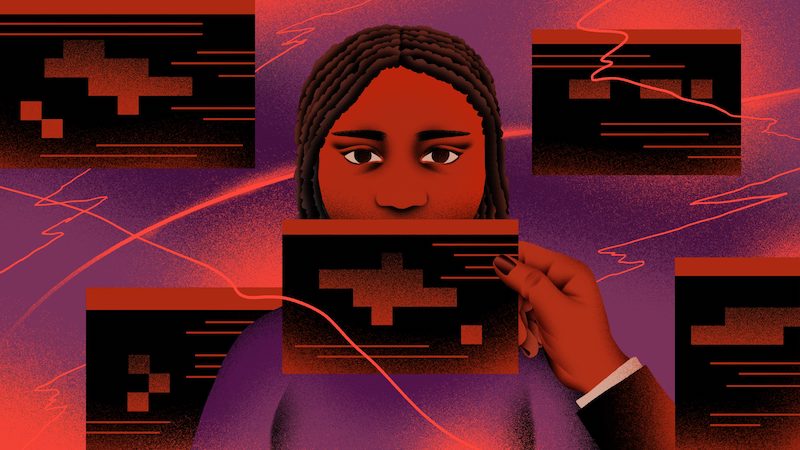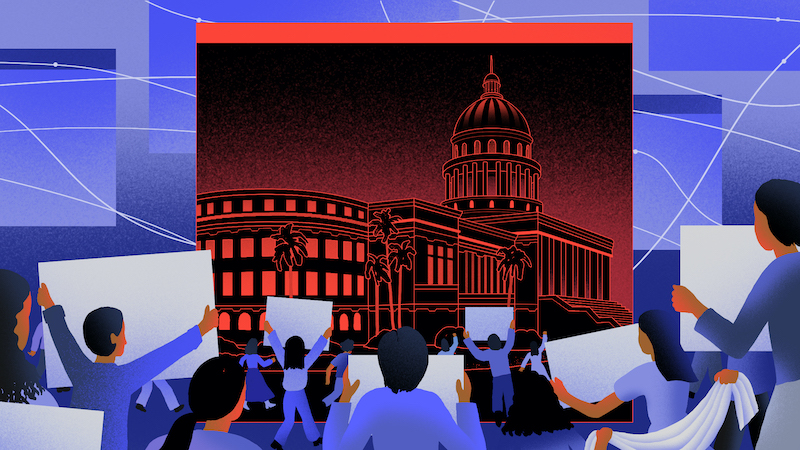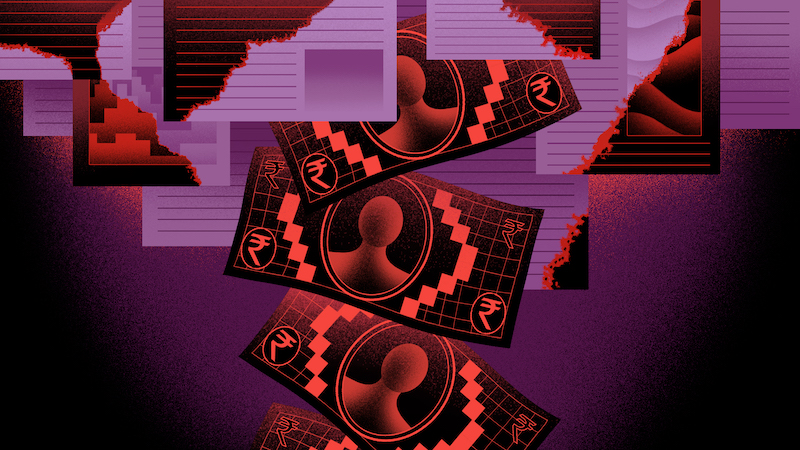Projects
Intellectual and academic inquiries in pursuit of smart policymaking and equitable, accountable technologies
Platforms and the Press
The UCLA Institute for Technology, Law & Policy is excited to launch the first research output from our new Information Policy Lab – on platforms and the press, and legislative and regulatory interventions to support sustainable journalism.
The importance of the press to maintaining democracy means that, as the financial models which underlie the news media industry have come under increasing strain, both emerging and established democracies have seen a steady erosion of trust in institutions of knowledge and governance.
This publication considers the range of policy changes that have been tried or recommended by global regulators to support sustainable journalism, assessing their impacts with consideration for the risk of capture, and other potential tradeoffs of these interventions. It examines four categories of interventions: related to taxes and direct subsidies; copyright and licensing; competition and antitrust regulation; and transparency.
The publication was developed as part of an innovative new experiential learning clinic aimed at onboarding students into the tech policy space and developing their critical analytical capabilities by training them to answer emerging policy questions.
Destabilization Experiment
The Destabilization Experiment, an ideas series produced in partnership between Rest of World and the UCLA Institute for Technology, Law & Policy, explores the multifaceted ways that social media has impacted the political discourse around the world, to answer the question: What impact is social media having on democracies around the world?

“Disinformation Laws”
Social media platforms alternate between ignoring disinformation and launching broad crackdowns on user speech.

Social Media Laws – Or None At All
The Philippines ranks first for social media use. Facebook’s failure to curb abuses in the the Philippines shouldn’t be met ...

Facebook is bad at moderating
The platform must work with communities on the ground to design policies on moderation and be fully transparent about ...

Why Russia is using Facebook
The government has taken no action, and with elections approaching, Russia stands to directly influence the country’s political direction for ...

Brazilians are desperately fighting against Bolsonaro’s digital tactics
Political institutions, including the opposition parties, are reaching for any weapons they can find against the president’s use of social ...

How governments go after protesters using social media
People across Latin America and the Caribbean are organizing online. That space must be protected.

Social media has weakened India’s democracy
The responsibility and power to hold the government and the private sector accountable for upholding democracy depends on the ...

The uncomfortable link between the U.S. insurrection and Tahrir Square revolution
Social media has gone from being the savior of democracy to the scourge of democracy. How did it come to ...
Columbia Journalism Review Series
This is part of a series on platforms and the press published jointly by CJR and the UCLA Institute for Technology, Law & Policy.
Disrupting Journalism: How platforms have upended the News
By: Michael Karanicolas
For independent media, a different approach to digital platforms
By: Preethi Nallu
Platform dominance in South Africa
By: Michael Markovitz
How Google is suffocating independent journalism in Latin America
By: Jose Maria Leon Cabrera
Citizen digitalization in Africa
By: Alvin Ntibinyane
On the viability of Caribbean media
By: Wesley Gibbings
When content moderation is selective
By: Mona Shtaya
Fixing a global news problem
By: Jeremy Dear
The challenge of platform capture
By: Courtney Radsch